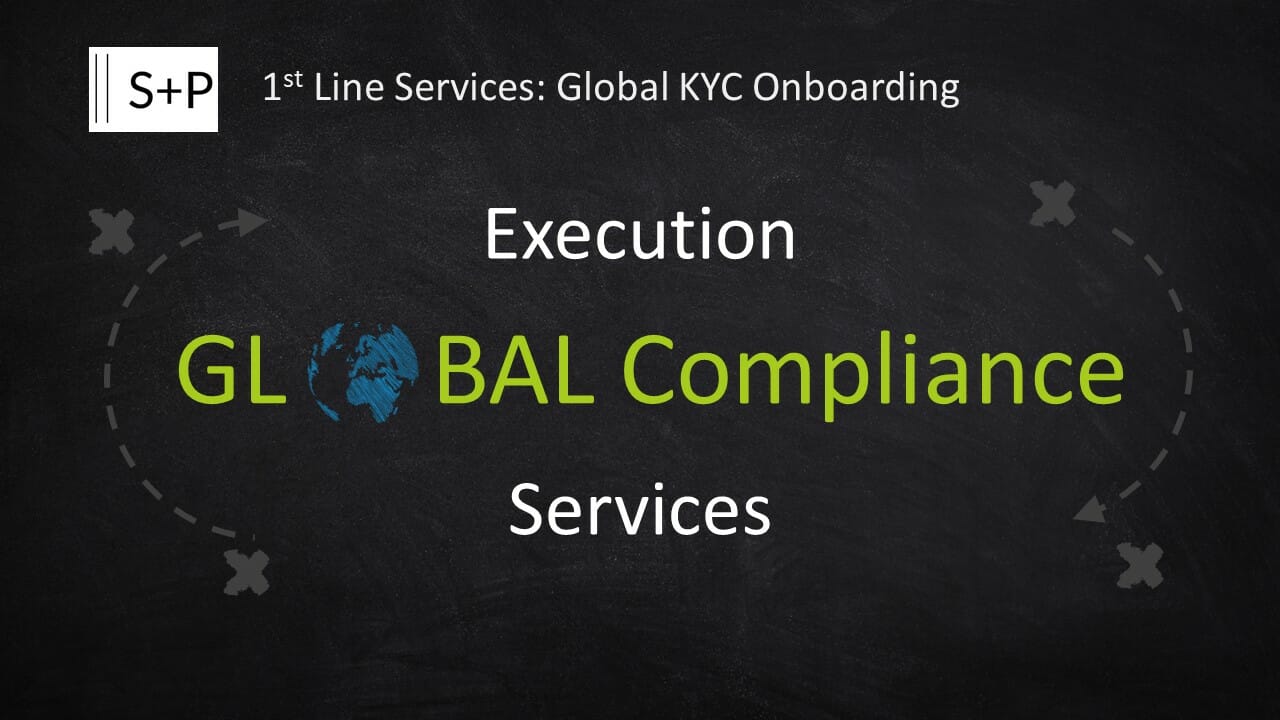Staying Ahead of the Curve: Key Strategies for Meeting BAIT Standards in Information Security for Investment Firms
As the world continues to embrace digital technologies, investment firms are facing an ever-increasing risk of cyberattacks. With the rise of sophisticated hacking techniques and the increase in regulatory scrutiny, it has become imperative for investment firms to stay ahead of the curve when it comes to information security.
This is where BAIT standards come in. BAIT, which stands for Business Continuity, Availability, Integrity, and Confidentiality, is a set of guidelines that helps investment firms protect their data and systems from cyber threats. In this article, we’ll explore key strategies for meeting BAIT standards in information security for investment firms. From implementing robust security protocols to training employees on best practices, we’ll cover everything you need to know to ensure your firm is protected against cyber threats and can continue to operate smoothly even in the face of a security breach.
KYC as a Service | S+P Compliance Services | More |
Compliance as a Service | S+P Compliance | More |
Innovative Compliance Solutions | S+P Compliance | More |

The importance of meeting BAIT standards for investment firms
Investment firms handle a vast amount of sensitive data on a daily basis, including confidential client information, financial statements, and trade secrets. A security breach can have devastating consequences, ranging from reputational damage to financial loss. Meeting BAIT standards is therefore crucial for ensuring the continuity, availability, integrity, and confidentiality of this information. Compliance with BAIT standards also helps investment firms meet regulatory requirements and avoid legal penalties.
Common threats to information security in the investment industry
The investment industry is particularly vulnerable to cyberattacks due to its reliance on digital technologies and the high value of the data it handles. Common threats include phishing attacks, malware, ransomware, and denial-of-service (DoS) attacks. Hackers may also target third-party vendors or employees with weak passwords or insufficient security protocols. Investment firms must be aware of these threats and take proactive measures to prevent them.
Key strategies for meeting BAIT standards in information security
To meet BAIT standards, investment firms must implement a multi-layered approach to information security. This includes:
1. Implementing robust security protocols
Investment firms must deploy a range of technical safeguards to protect their systems and data. This may include firewalls, intrusion detection systems, encryption, and access controls. Regular software updates and patches are also crucial for addressing known vulnerabilities.
2. Best practices for securing financial data
Investment firms must also establish policies and procedures for securing financial data. This may include restricting access to sensitive information, enforcing password policies, and conducting regular backups to prevent data loss.
3. The role of employee training in maintaining information security
Investment firms should train their employees on best practices for maintaining information security. This may include educating them on how to recognize phishing emails, avoid clicking on suspicious links, and create strong passwords. Regular training and awareness campaigns can help employees stay vigilant and prevent security breaches.
4. The benefits of periodic security assessments and audits
Periodic security assessments and audits can help investment firms identify vulnerabilities and weaknesses in their systems and processes. This can help firms prioritize their security efforts and ensure they are meeting BAIT standards.
5. The importance of staying up-to-date with the latest security trends and technologies
Investment firms must stay informed about the latest security trends and technologies to stay ahead of cyber threats. This may include attending conferences, subscribing to industry publications, and engaging with security experts.
Examples of successful BAIT compliance in the investment industry
Several investment firms have successfully implemented BAIT standards to protect their systems and data. For example, Goldman Sachs has a comprehensive cybersecurity program that includes regular security assessments, employee training, and technical safeguards. JPMorgan Chase has also invested heavily in cybersecurity, including the deployment of advanced threat detection tools and the establishment of a cybersecurity center of excellence.

Closing Security Gaps: Effective Strategies for Meeting BAIT Standards in Banks
There are five key requirements that investment firms must adhere to under the BAIT guidelines:
- Risk Management: Investment firms must implement a risk management system that identifies, assesses, and monitors risks associated with information security. This includes identifying assets that require protection, assessing the likelihood and impact of potential threats, and implementing controls to mitigate risks. Risk management is a continuous process, and investment firms must regularly review and update their risk assessments to ensure that they remain effective.
- IT Security Management: Investment firms must establish an IT security management system that ensures adequate protection and monitoring of IT infrastructure and systems. This includes implementing technical and organizational measures to prevent unauthorized access, disclosure, alteration, or destruction of data. Investment firms must also establish measures to monitor and detect unauthorized access or intrusions and respond appropriately to security incidents.
- Incident Management: Investment firms must have provisions in place to respond appropriately to incidents related to information security, including reporting to the appropriate authorities. Investment firms must establish procedures for identifying, reporting, and resolving security incidents, including those caused by internal or external sources. Investment firms must also establish procedures for notifying customers and stakeholders of security incidents that may impact them.
- Outsourcing Management: Investment firms that outsource IT services must ensure that service providers have adequate security measures in place and comply with BAIT guidelines. Outsourcing can introduce additional risks to information security, and investment firms must ensure that service providers are subject to the same level of security controls as the investment firm itself. Investment firms must establish procedures for selecting, monitoring, and terminating service providers, and ensure that service providers comply with BAIT guidelines.
- Personnel Management: Investment firms must ensure that their employees have adequate knowledge and skills in the area of information security and that risks associated with human error are minimized. This includes providing regular training and awareness programs, establishing procedures for access management, and monitoring employee activities. Investment firms must also ensure that employees are subject to appropriate background checks and that access to sensitive information is limited to authorized personnel.
Compliance with BAIT guidelines is not only mandatory but also essential for maintaining the trust of customers and stakeholders. Failure to comply with these guidelines can result in regulatory penalties, reputational damage, and financial losses. Investment firms must establish effective information security practices to protect confidential data and mitigate the risks associated with cyber threats. By adhering to these guidelines, investment firms can maintain the trust and confidence of their customers and stakeholders, while also complying with regulatory requirements.
In conclusion, the BAIT guidelines provide a comprehensive framework for investment firms to establish effective information security practices and mitigate risks associated with cyber threats. Information security is a critical concern for the financial sector, and investment firms must take all necessary measures to ensure the confidentiality, integrity, and availability of sensitive information. The BAIT guidelines promote the protection of confidential data and establish a uniform standard for information security across the investment sector. By complying with these guidelines, investment firms can maintain the trust and confidence of their customers and stakeholders, while also complying with regulatory requirements.


